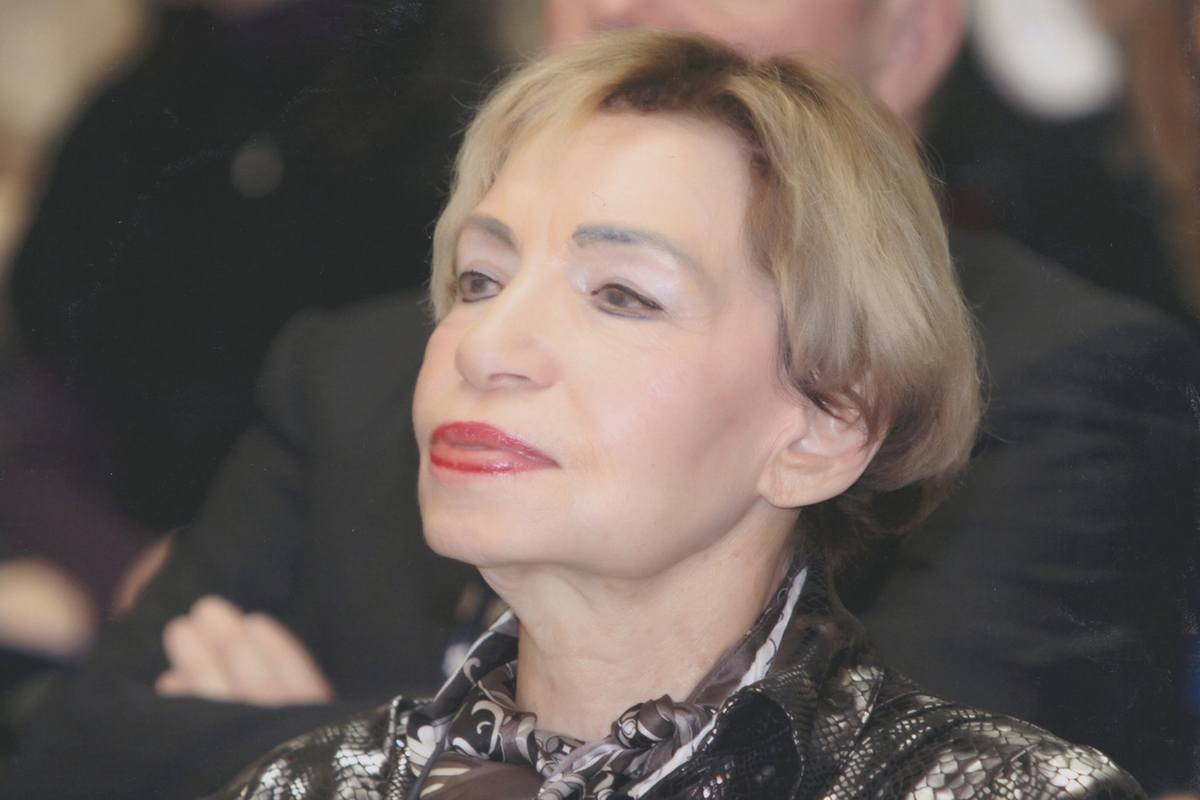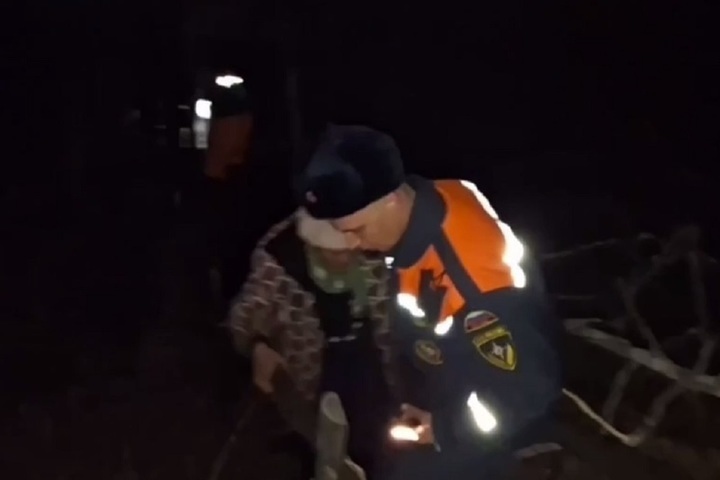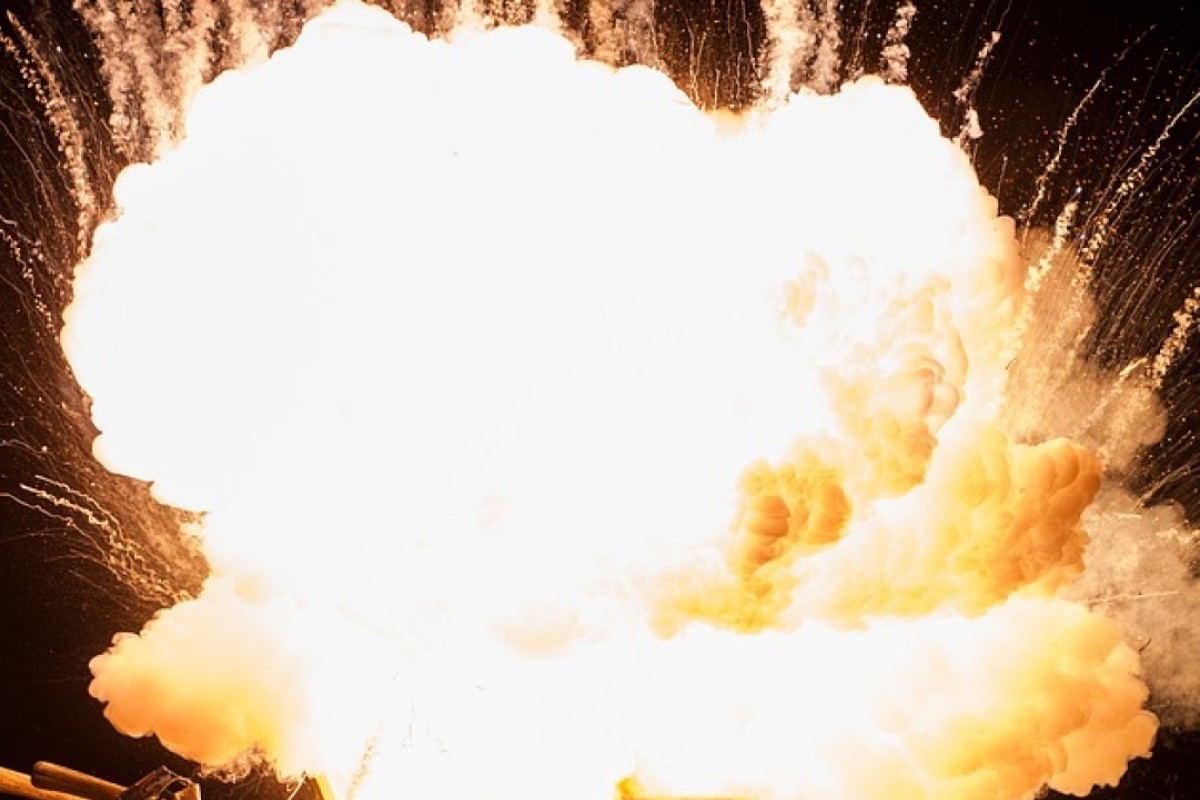Is your shirt closer to your body - border trade and the return of "shuttles"?

Some of our politicians and political scientists have begun to accuse the CIS and EAEU countries - primarily Kazakhstan - of almost "betrayal", that they are embarking on a "slippery slope", reducing the "parallel imports" of Western goods to Russia.

I wonder what they will say about the latest resolution of the Council of Ministers of Belarus, not just a partner in the CIS and the EAEU, but a state allied with us?
According to the document, from September 23 it is forbidden to export to Russia:
- railway locomotives, wagons, tractors, cars, motorcycles, bicycles, aircraft, medical devices, various tools and equipment, gas generators, heating equipment, nuclear reactors, fuel elements, engines and other power plants, refrigeration and freezing equipment, forklifts , bulldozers, agricultural and forestry equipment, agricultural machinery, various types of machine tool products, computers, batteries, vacuum cleaners, telephones, including smartphones, electrical equipment, integrated circuits and other types of products.
In total - more than 250 types of industrial goods.
The Kremlin has already reacted. The press secretary of the presidential administration, Dmitry Peskov, explained (https://ria.ru/20220923/eksport-1818910488.html):
“Certainly, this is an issue that will need to be discussed together. After all, we have union states, but it is clear that a union state does not cancel the sovereignty of either Russia or Belarus, but still the foundation of our relations is strong enough to discuss all these issues in a constructive manner. And I have no doubt that such discussions will continue.”
A difficult situation. Let's take Kazakhstan as an example. This country is a major economic partner of Russia within the framework of the Commonwealth of Independent States and the Euro-Asian Economic Cooperation.
Before the introduction of Western sanctions, the so-called "parallel imports", that is, the purchase and sale of products without the permission of the copyright holder, was considered smuggling under the laws of the Russian Federation and punished under the laws of the Russian Federation. At the end of March, the government legalized it, and in June a corresponding law was passed. But even before the decision, especially after, the same Kazakhstan, like other countries, sharply increased the export of the same former contraband.
According to the Development Bank of Kazakhstan (https://www.kdb.kz/analytics/analytical-portal-foreign-trade-of-the-RK/), exports to Russia of machinery, equipment and computers in May, compared to January, increased by more than 5 times. And compared to the same period last year - more than 30 times. Import of electrical devices and communication equipment - 3 times, railway equipment and automotive equipment - 2 times, pasta - 1.5 times.
Another example: in the first half of last year, China supplied Kazakhstan with 72 million pairs of shoes, 255 million pieces of clothing, and 260 million socks.
The population of the republic is 19.6 million. Where did the shoes and clothes go - you can not guess.
But after all, the West is also making sure that its sanctions are not eroded, and can limit supplies, impose secondary sanctions on the export of imports, on trade with Russia. Apparently, taking this into account, the Minister of Foreign Affairs of Kazakhstan, Mukhtar Tleuberdi, on the sidelines of the Congress of Leaders of World and Traditional Religions held in Astana, said:
“We have created a government working group to prevent the negative impact of anti-Russian sanctions on our economy… The goal is not to fall into secondary sanctions.”
On the one hand, there is understandable concern, a legitimate fear of falling under sanctions ourselves. On the other hand, diplomacy, appeasement of Western partners. On the third, it is clear to the child: it is very difficult to fight the elements of smuggling within the framework of a legitimate business. The trading business, like water, will find where to wash the path.
However, the words of the Kazakh Foreign Minister provoked responses and comments with accusations of almost betrayal, including from officials responsible for Russia's foreign policy within the CIS. And with hints of potential territorial claims. They have been constant since 1993, and every time they cause indignation in the republic.
What are these people thinking? So they strengthen the friendship of peoples? In this case, they are essentially proposing (with a hint of threats) to end Kazakhstan's relations with the West. And the republic's economy is built on its integration into the world economy. Suppose Kazakhstan (out of sympathy for Russia or under threat) breaks off all relations with the West and collapses into an economic abyss. But then any flow of licensed products to the Russian Federation will completely stop. Who will benefit from all this?
It’s another matter, someone is always pleased if a neighbor’s barn also burns down and the dog gets sick. But we're not talking about that - we're talking about common sense. Apparently he refuses.
Fortunately, life is such that many harmful nonsense, uttered with animal seriousness, are leveled by stocks from a completely unexpected side. So, Comedy Club in a humorous TV show presented a parody advertisement for a mobile application:
“Many brands have left the Russian market, but how do you want to make the usual purchases? Introducing a service for the purchase of goods that have left the Russian market - "Familiar Kazakh ". Download our application, choose a "Kazakh friend" and he will buy you everything you need. For the convenience of buying clothes, we will select a "familiar Kazakh" of your size. As soon as the "familiar Kazakh" buys the right product, he will immediately send it to you. "Familiar Kazakh" - to every Russian!
Every joke has its share of... jokes. In fact, Kazakhstan has become a giant market for cross-border and transit trade. The Russian Federation and the Republic of Kazakhstan have the largest continuous land border in the world - 7598.8 kilometers. Free, without customs control. Residents of 12 regions of the Russian Federation - Volgograd, Astrakhan, Saratov, Samara, Orenburg, Chelyabinsk, Kurgan, Tyumen, Omsk, Novosibirsk regions, Altai Territory and the Altai Republic freely go to relatives and friends, on shopping tours. There prices for many foodstuffs (in ruble terms) are much lower.
Yes, shopping tours with such a length of the border become a trade turnover of a gigantic scale. But still, basically - only for home and family.
However, the individual business of "shuttle traders" half-forgotten since the 90s is already remembered. It is facilitated by the development in Kazakhstan of a global international project within the framework of the UN - the revival of the Great Silk Road, the trade road of peoples from China to Europe. The creation of the National Commodity Distribution System is being implemented. Including the commercial and industrial hub "Eurasia" in the West Kazakhstan region, bordering on the Orenburg, Astrakhan, Volgograd, Saratov and Samara regions of the Russian Federation.
A logistics hub is a trade and transport hub. Basically, it's a city. On the border with China, on the territory of the Khorgos-Eastern Gate free economic zone, a giant hub, a dry port with warehouses on an area of 130 hectares, has been operating since 2016. With tens of kilometers of railways. The area of the SEZ is 5740 hectares. All together - a trading state in two states, the flow of goods from China to the countries of the Persian Gulf, Central Asia, the Caucasus, and Europe. The Khorgos International Center for Cross-Border Cooperation attracts billions of investments from many countries, including Russia.
But the global scale is logically and naturally combined with the mass availability of free economic zones and hubs for ordinary citizens. With mass tourist trips with the purchase of goods almost at selling prices. And now, in connection with the anti-Russian sanctions of the West, the idea of a "shuttle" business is awakening. Of course, with changes in the range. Including laptops and smartphones…
According to the Higher School of Economics, in 1995-1996, the goods imported by "shuttle traders" accounted for a third of Russian imports. Back in April 2022, the Bank of Russia predicted (https://www.cbr.ru/Collection/Collection/File/40953/bulletin_22-02.pdf) the return of the shuttle business.
Other prospects are not yet visible.
Sergei Baimukhametov.
Message Is your shirt closer to your body - border trade and the return of "shuttles"? first appeared on Moscow truth.







